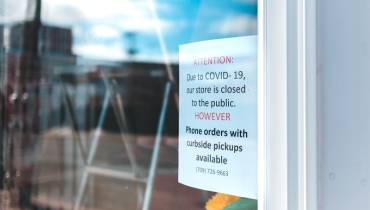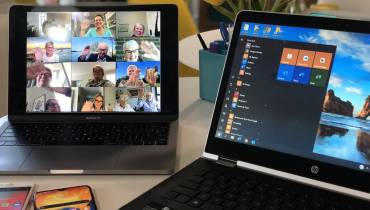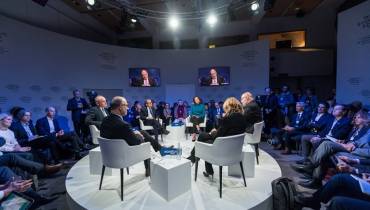How Coronavirus Has Redefined Productivity in the Workplace

The cult of productivity was never sustainable—COVID-19 has shown that.
The modern business world has, for the past several decades, had an almost perverse obsession with getting as much work done in as little time as possible. Profiles of entrepreneurs talked in glowing terms of the endless hours poured into their careers, viewing 70+ hour work weeks as admirable rather than unhealthy.
Publications released listicle after listicle detailing how employees could optimize every last waking minute of their day. There's no other word for it - we were obsessed.
Perhaps that was, at least in part, because we've all grown up with the notion that if we work hard enough, the world will fall at our feet. That any professional failures aren't the result of forces beyond our control, but simply due to a lack of sufficient effort.
As noted in a piece published by Wired, COVID-19 has proved that to be a blatant falsehood:
"After the quarantine, after we count the lives ruined, a recession is coming," writes Wired's Laurie Penny. "For millennials, it's the second devastating economic calamity in our short working lives, and we're still carrying the trauma of the first. This time, though, we note it's not our fault...this is exactly the sort of crisis that gives people ideas about overturning the social order."
Penny goes on to note that pandemics have a long history of upsetting established norms. The plagues of the 14th century, for instance, more or less destroyed the feudal system with the devastation they wrought. She posits that something similar may happen due to coronavirus.

The death of our obsession with productivity.
The death of the modern, busyness-obsessed workplace is upon us. The death of a world that praises and rewards people for working themselves to exhaustion is happening.
The simple truth is that staying productive won't protect us from the coronavirus or the economic strain it brings with it. Getting more done won't change the fact that the virus continues to spread, the death toll continues to mount, and there's no clear end in sight.
Keeping busy might stave off the madness of isolation, but it won't change the fact that we're still isolated.
And perhaps more importantly, COVID-19 has shown us that distributed work is not only possible, but it's also sustainable. It's demonstrated to us that flexible working hours are well within the capacity of nearly every employer to provide. And it's displayed to us, in stark contrast, the shortcomings in how many employees, particularly those in essential services, are treated.
In short, it has changed the world and redefined what it means to be productive. Productivity is no longer a matter of quantity, but quality. It's not about how much you can get done, but how well you can overcome the myriad challenges of the modern workplace
In that regard, one might say that the coronavirus has, in essence, been the death of our obsession with productivity. It's a death that was a long time coming. And it's one that I doubt many of us will mourn at the end of the day.






















